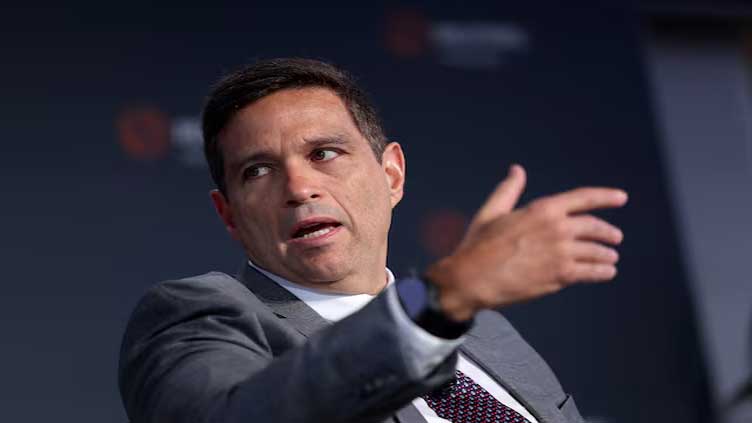Brazil inflation expectations to improve over time

Business
Brazil inflation expectations to improve over time
(Reuters) - Brazil's central bank chief Roberto Campos Neto said on Monday that policymakers believe inflation expectations should stabilize and improve over time, after recently citing concerns about them deviating from the official target.
"It is generally possible to be optimistic when we look at the reasons (for the unanchoring of inflation expectations)," he said at an event organized by the business group Lide in Sao Paulo.
Private economists surveyed weekly by the central bank raised their inflation expectations to 3.86% this year, 3.75% for 2025, and 3.58% for 2026 - in the latter case, adjusting the projection upwards after 46 weeks of stability. The government's official inflation target is 3%.
Campos Neto said various factors have been affecting inflation expectations, including uncertainties about monetary and fiscal credibility.
He emphasized that time will lead people to understand that policymakers' decisions are technical, while also saying that it would be a very positive shock to see progress in the discussions that have recently emerged about potential budget deindexation.
In Brazil, many mandatory public expenditures are tied to distinct growth rules, complicating their control.
In a split decision earlier this month, the central bank cut rates by 25 basis points to 10.50%, following six cuts twice that size.
Campos Neto stressed that despite the division, board members unanimously recognized that inflation expectations were unanchored and that this was a very important factor.
"We understand that the division generated some noise. What we need to do is communicate that the division was technical, and we have been doing that," he said.
"Our actions will show that (rate) decision is technical over time."
He mentioned that the central bank sees a small correlation between labor-intensive services and price increases, but that the movement is "incipient" and still needs to be better understood.


